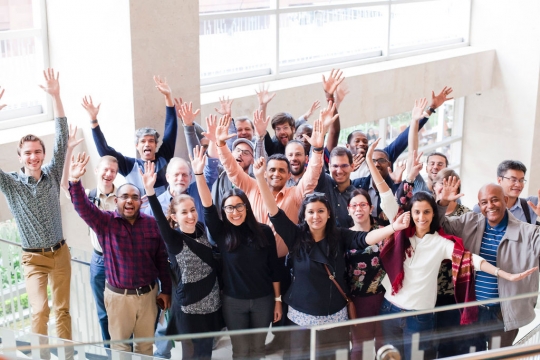We are a global collaborative energy program fostering research on energy access in low and middle-income countries...
What is SETI?
The Sustainable Energy Transitions Initiative (SETI) is an interdisciplinary global collaborative that aims to foster research on energy access and energy transitions in low and middle-income countries, and to better understand their impacts on health, social outcomes, economic growth, climate change and natural resources. The global network was developed by the Environment for Development program and the Duke University Energy & Health Initiative. Since 2015, the network has expanded to include over 150 researchers, policymakers, and practitioners working in the field of energy from over 35 countries. Our admin is currently housed at the Sanford School of Public Policy at Duke University, where it is led by Professors Subhrendu Pattanayak and Marc Jeuland. SETI’s research addresses the most pressing energy challenges faced by low and middle-income countries, from clean cooking in Senegal to micro-hydro power in Nepal to coal divestment in Chile, to name a few.
Key research themes include:
- Lack of access to electricity and other modern fuels;
- Drivers of energy transitions in low- and middle-income contexts, including lessons learned from past experiences;
- Impacts of energy transition on health, labor, forests, regional air quality, and global climate;
- Gaps in the relevant research, including the growing importance of renewable energy technologies;
- How future research efforts may be coordinated in ways that are policy-relevant.
